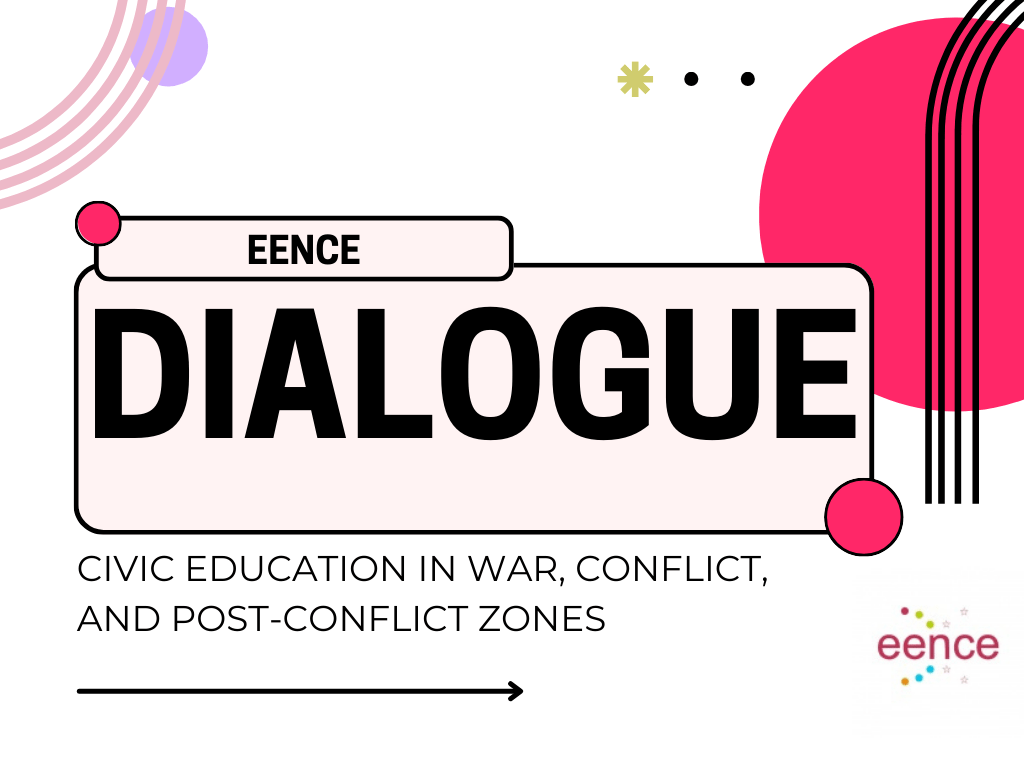Civic Education in War, Conflict, and Post-conflict Zones
Why citizenship education is important in conflict zones, how different countries have responded to challenges for citizenship educators during wars and crises, and whether reconciliation is possible between peoples and countries divided by violent wars and post-war traumas.
The second webinar of the EENCE-Dialogue project, which will take place on September 26 (15:00-18:00 CET), will focus on these questions.
Moderator: Sergiu Musteata (Moldova).
Program:
- Introduction (15 minutes): Overview of Civic Education in War and Conflict Zones.
- Keynote Speech (30 minutes): Igor Kąkolewski, director of the Center of Historical Research of the Polish Academy of Sciences (CBH PAN) in Berlin and a professor at the University of Warmia and Mazury in Olsztyn (Poland)
- Panel Discussion (45 minutes): Lidija Županić Šuica, president of Education for the 21st Century (Serbia); Bojana Dujkovic Blagojevic, educator and history-teaching expert (Bosnia and Herzegovina); Marko Šuica, University of Belgrade (Serbia), Valery Balayan, Professor at the Free University (Briva Universitate, Riga, Latvia);
- Q&A Session (30 minutes): Interactive session with attendees.
- Workshop (30 minutes): Developing civic education programs for conflict-affected areas.
- Evaluation and Follow-up (15 minutes).
Working languages: English and Russian (simultaneous translation).
Register in advance for the conference:
https://us06web.zoom.us/meeting/register/tZAkd-CgpjMoG9coRfYPKk0Sa72YCbKJ-TID
Once registered, you will receive a confirmation email with conference login information.
Information about speakers:
Igor Kąkolewski (Poland)
Director of the Center of Historical Research of
the Polish Academy of Sciences (CBH PAN) in Berlin and a professor at the University of Warmia and Mazury in Olsztyn (Poland). Historian, educator, exhibition organizer, and a member of the Joint German-Polish Textbook
Commission.
In his research, Kąkolewski deals with the early modern history of Poland in the European context and German-Polish-Jewish relations. From 2012 to 2020 he was the Polish scientific coordinator on the Polish-German joint history textbook “Europe – Our History”.
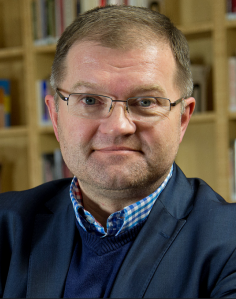
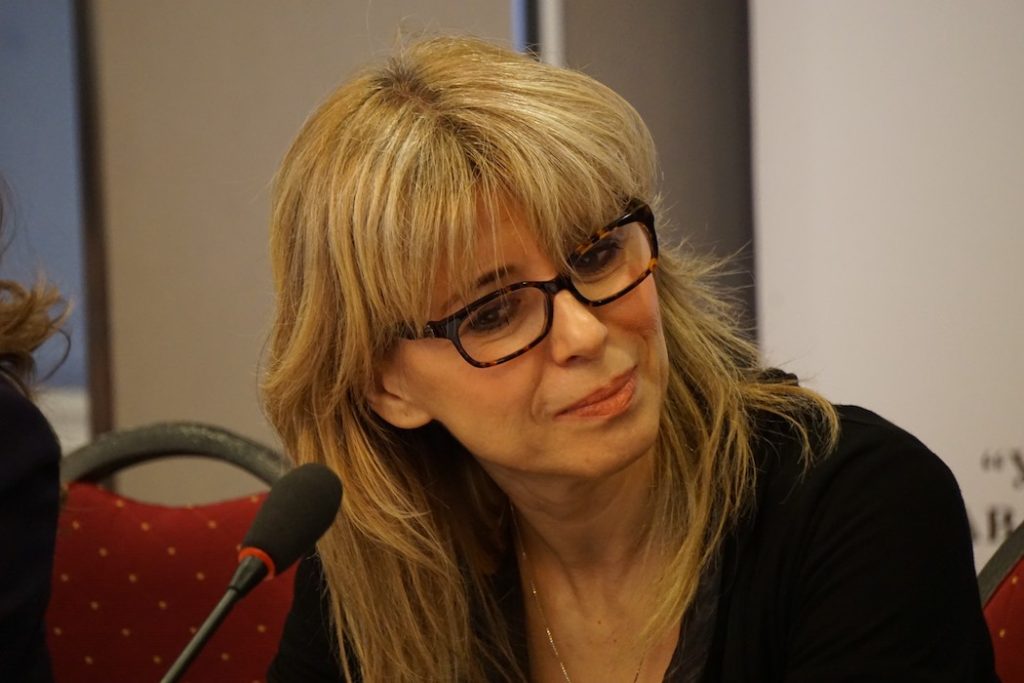
Lidija Županic Šuica (Serbia)
Art and civic education teacher, as
well as the president of Education for the 21st Century. She has extensive experience in project management, coordination, and consultancy on both national and
international projects. Her expertise includes curriculum design, textbook development, teacher training, and cultural heritage education, where she has made a profound impact.
Lidija’s achievements have earned her numerous prestigious national and international awards, including the 2020 City of Belgrade Award for her exceptional contributions to education. In recognition of her innovative approach to history education, Lidija and her team were awarded The HISTOLAB Award for
Innovative School Projects by the Council of Europe for their work on the Beotura school project. She is actively involved in the Erasmus+ projects.
Marko Šuica (Serbia)
Historian and member of the OHTE Scientific Advisory Council. His academic career as a Serbian medievalist started and advanced at the Faculty of Philosophy, University of Belgrade where he lectures as a professor. He was coordinator of the Georg Eckert Institute project on the History Textbook Research and Development in South-Eastern Europe
from 2001 until 2004. Since 2010 he has been engaged as an expert in intergovernmental projects and bilateral programs of the Council of Europe’s History Teaching Unit and EuroClio. His
field of expertise includes medieval Balkan history, history didactics, curricula design, and assessment. He is active in educational projects and teacher training on national, regional, and international levels. He is the author of several textbooks, additional teaching materials, education standards, and history curricula. He is a consultant on the Council of Europe anti-discrimination and national minorities
programs and a member of EuroClio and International Society for History Didactics.
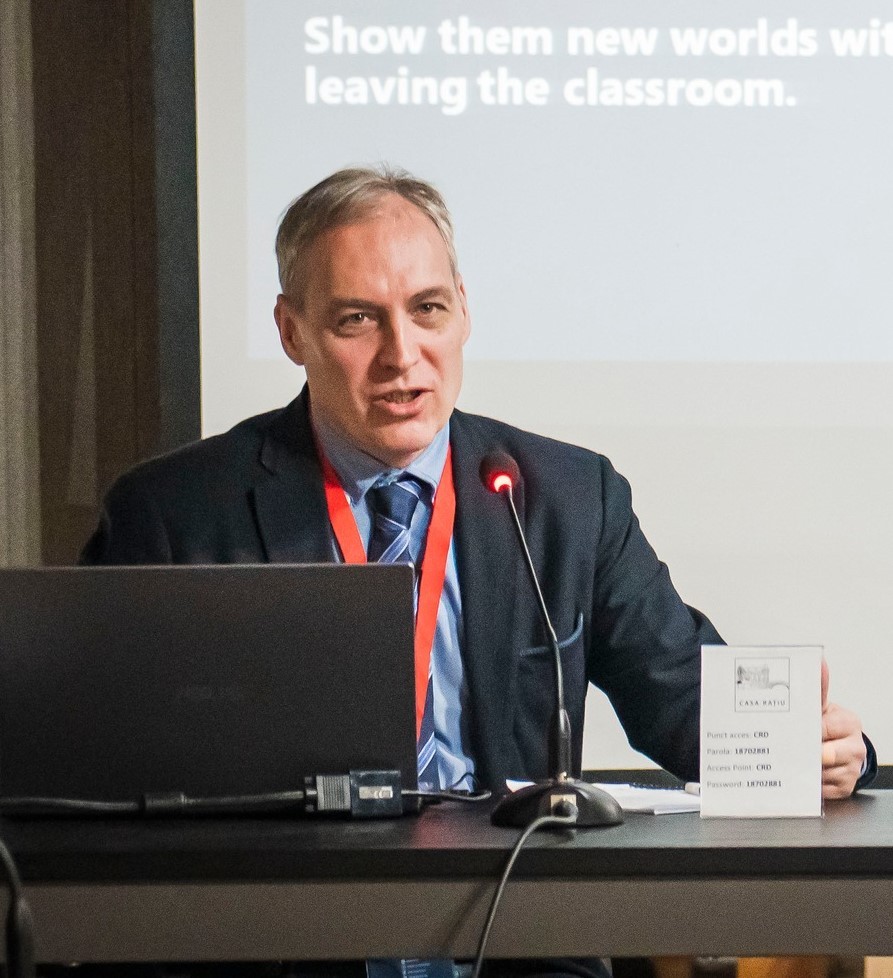
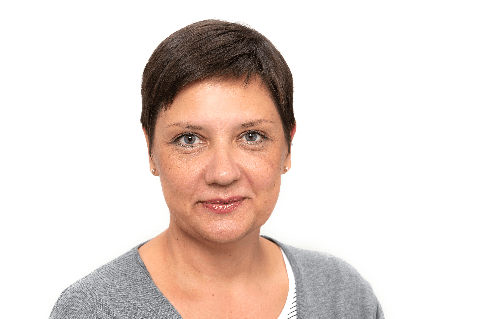
Bojana DUJKOVIC BLAGOJEVIC (Bosnia and Hercegovina)
Educator and history-teaching expert. Bojana holds an MSc in history from Banja
Luka university. Main field of interest Bojana has in consultancy services in education, in-service teacher training for history and civic teachers as well in textbooks development and editing of transnational teaching and learning materials. After working is schools, Bojana
switched to activism and in last 20 years is active in local history teacher association in Bosnia and Herzegovina and in EuroClio network. She is conducting trainings, writing teaching and learning materials specializing in sensitive and controversial issues related to the history of former Yugoslavia in the 20th century and textbooks. Besides BiH, Bojana is actively working in all six Western Balkans countries as a project coordinator.
Valery Balayan (Ukraine)
Professor at the Free University (Briva Universitate, Riga, Latvia).
Radio Liberty journalist since 2002.
Head of the Centre for Research on Civic Initiatives in Kiev, Ukraine.
Documentary filmmaker.
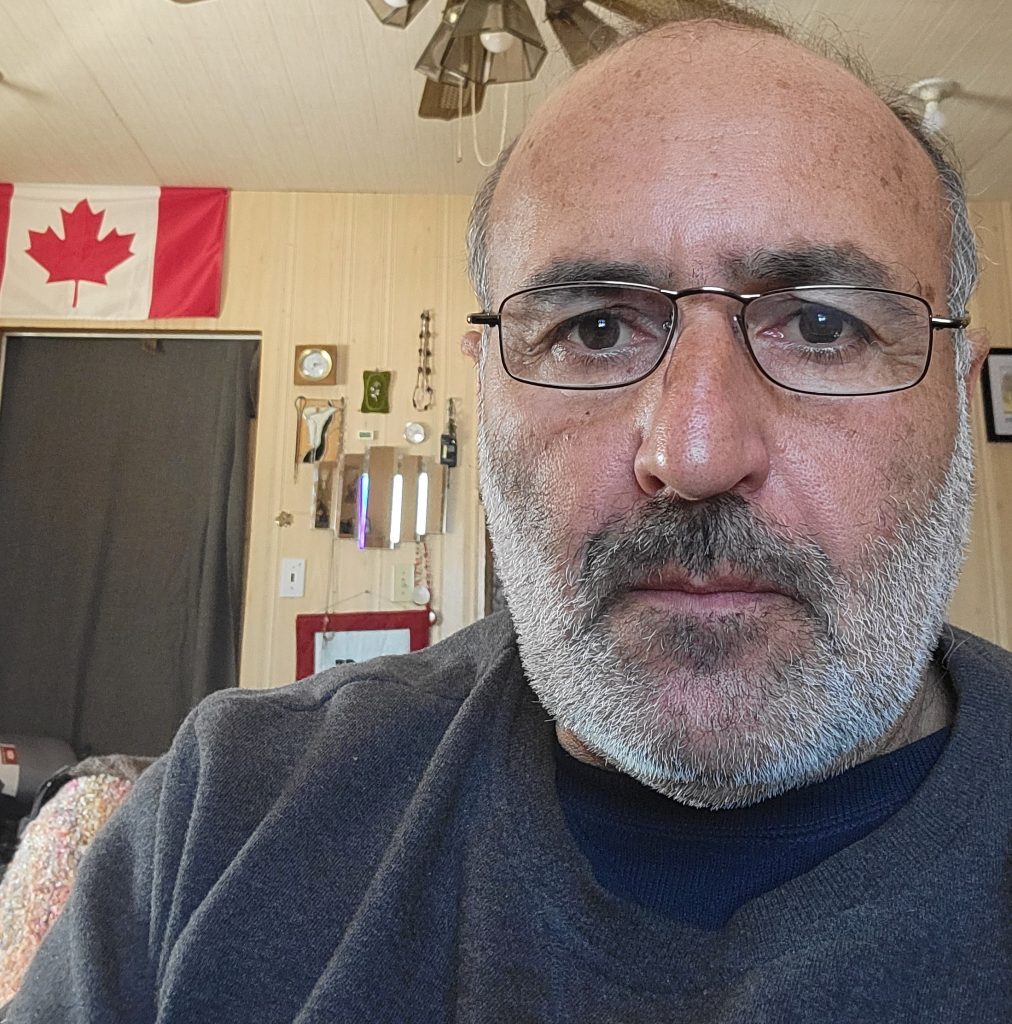
Abstracts:
Igor Kąkolewski „Polish-German and Franco-German rapprochement and the role of teaching history in the reconciliation processes after WW 2”
In the “Age of Extremes”, as the 20 th c. was called by Eric Hobsbawm, international textbook dialogue
has been an important element of the long-lasting reconciliation processes between nations and
countries divided by war atrocities and post-war traumas. In this context, the Franco-
German Histoire/Geschichte and the German-Polish Europa – Unsere Geschichte / Europa. Nasza
historia transnational history textbook series published at the beginning of the 21 st c. might be
considered not only as an important stage of bilateral textbook dialogue, but also as a crucial points
of European reconciliation processes after WW 2.
My paper addresses two key questions: What place does the textbook dialogue take in the Franco-German and Polish-German models of reconciliation? To what extent do the contents of the Franco-German and Polish-German history textbooks reflect different experiences of France and Poland in the policy of reconciliation with
Germany?
Lidija Županić Šuica „The role of civic education in post conflict zones”
This presentation explores the role of civic education in post-conflict zones, focusing on how it can
foster competencies for democratic culture in communities affected by violence and instability.
During 20 minutes, we will examine how civic educators can promote democratic values while effectively addressing controversial topics. Participants will learn how developing competencies for
democratic culture can empower students to actively participate in the reconciliation and development of their societies.
Bojana Dujkovic Blagojevic „How the education system(s) in BiH after the war was created to serve as a source of creation for obedient citizens”
In post-conflict societies like Bosnia and Herzegovina, education, especially civic education and
history, always attract attention in public discourse, no matter what historical period we are tackling.
I will explore how the education system(s) in my country after the war was created in a form to
serve as a source of creation for obedient citizens.
Numerous educational reforms, without significant results or change, with a massive brain drain, are seriously threatening the future of
country. What is the position of the teachers in the ‘never-ending’ transition from one political
system to another will be one of my aspects. Another one will be on educational policies, curricula,
and textbooks.
Marko Šuica „Developing civic competencies within history education in post-conflict settings”
Developing civic competencies within history education in post-conflict settings is crucial for
fostering reconciliation, promoting democratic values, and building a culturally inclusive society. This
presentation will focus on various aspects of history curricula, specific programs, and educational assessment standards in Serbia that can enhance the development of civic competencies.
These competencies are important for creating responsible, proactive, and self-aware students who are
prepared to face the challenges of modern society, such as manipulation, disinformation,
stereotyping, propaganda, etc.
EENCE Dialogue is organised by the Eastern European Association for Citizenship Education with the support of the Federal Agency for Civic Education (bpb) with funds from the German Ministry of Foreign Affairs.

